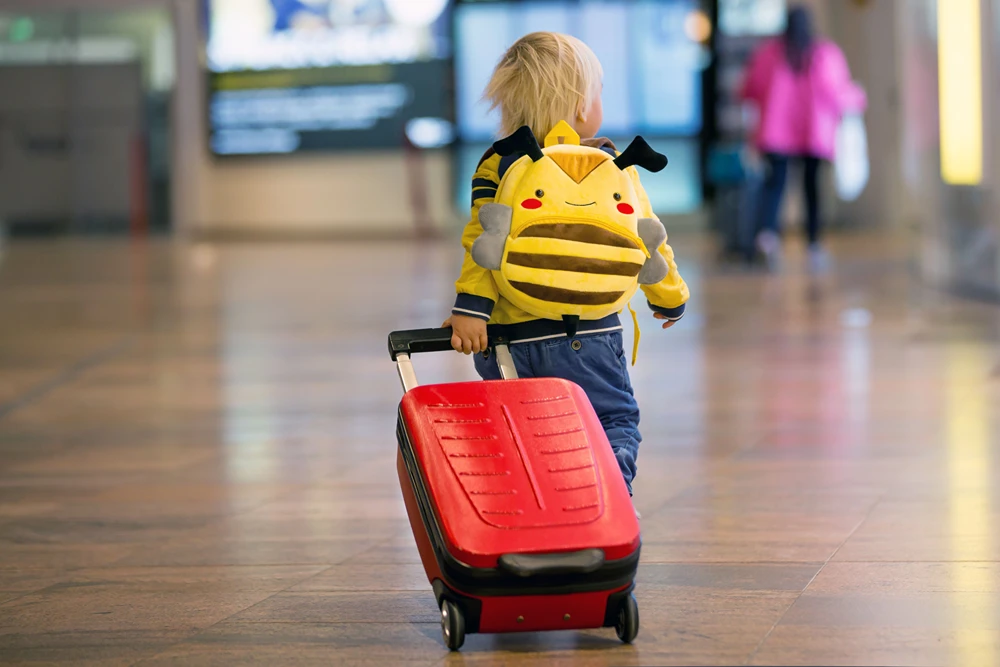Kid-Friendly Fun That Parents Also Enjoy
Sometimes, it can feel tough to find things to do that keep kids entertained while also keeping parents engaged. But there are plenty of common-ground choices, ranging from family-friendly outdoor activities to artistic indoor options that the whole family can enjoy.
Here are a few fun ideas that work for kids and adults alike, and that’s what we will explore in this post.
Outdoor Adventures
Are you’re wondering what to do in Miami with kids? Nature provides an endless number of opportunities to connect as a family. Going to a nearby park lets children play in the playgrounds and enjoy the scenery; it also gives parents a chance to take a long walk. Picnics are an opportunity to unwind with outdoor meals. Families are welcome to bring games, such as Frisbee or soccer, to play.
Other ideal activities include hiking. Trails are rarely too tricky so you can find one for everybody. Parents can enjoy the beauty of the surroundings while children encounter new plants and animals. This sense of shared discovery creates a respect for nature.
Creative Indoor Pursuits
These activities move indoors when it rains outside or in the colder months of the year. A little home baking becomes a flavorful adventure. With some guidance, children can lend a hand in measuring and mixing; the idea is not just cooking together, but teaching your little chefs how to follow a recipe. The result is a tasty treat everyone can enjoy.
Arts and crafts offer limitless options. Building things from the ground up allows for creativity and imagination. Families can take on projects such as painting, scrapbooking, or model-building. These go beyond workshops; they become memories.
Educational Outings
Museums and science centers offer families a well-rounded experience. They typically feature interactive exhibits that ignite young minds. Parents watch their children explore new topics, and both groups learn from it. Most venues hold special events or family-friendly workshops.
Aquariums and zoos are also excellent educational options. Nature can excite curiosity and wonder by letting you see animals up close. Families can learn about wildlife conservation efforts and the importance of protecting animals. These outings also inspire great conversations afterward.
Game Nights
Family game night — a time-honored tradition! Board games have long been a source of entertainment and offer options for virtually every age range and interest. From strategic board games that stimulate the mind to the humble card game, hearty laughter creates an electric environment as you outmaneuver each other.
Puzzles: Putting together a large puzzle can be a great bonding experience and a fun pastime that encourages collaboration and teamwork. As the puzzle takes shape, a sense of achievement builds with each fitting piece. Working toward a common goal allows parents to guide children in developing problem-solving skills.
Gardening Together
Gardening is another great way to spend time outside and immerse children in nature. Families can begin growing a small garden by planting flowers, vegetables, or herbs. Kids also learn to be responsible for caring for the plants, while parents enjoy the tranquility of gardening.
Everyone involved with the planting, nurturing, and harvesting process feels a sense of achievement. As the garden grows, so too does the connection between family members. You can also take the opportunity to discuss sustainability and healthy eating.
DIY Projects
Home improvement projects can be fun. Straightforward tasks, such as constructing a birdhouse or painting a room, allow families to collaborate. Completing these projects teaches you a lot and gives you a sense of satisfaction.
Involving children in home improvement encourages creativity and confidence. Parents can teach them the safe usage of tools. Working on a project together can help strengthen family bonds and improve the home atmosphere.
Movie and Book Nights
Snuggle up for a movie night or read a book; both offer relaxation and fun. Families can choose films or stories that suit every age group. Exchanging opinions and discussing themes only enriches the experience and fosters better communication.
Create a cozy space with snacks and blankets — pure fun. Great moments to kick back and discuss whether it’s a classic film or a new release.
Conclusion
With some planning and creativity, you can balance enjoyable activities for kids and adults. From spending time in nature to educational outings to game nights, these activities help strengthen family connections and bring joy. Family life is enriched by these shared experiences, which lead to many fond memories. Choosing activities that cater to all interests ensures families have many fun moments to look forward to.











